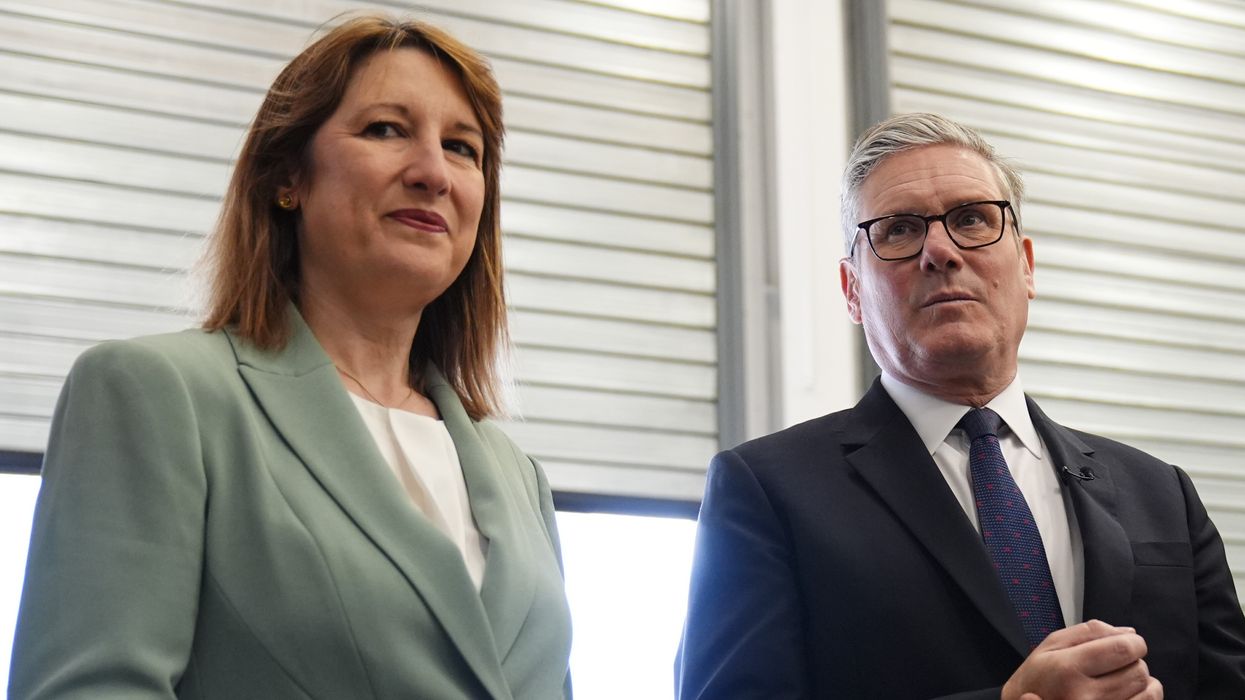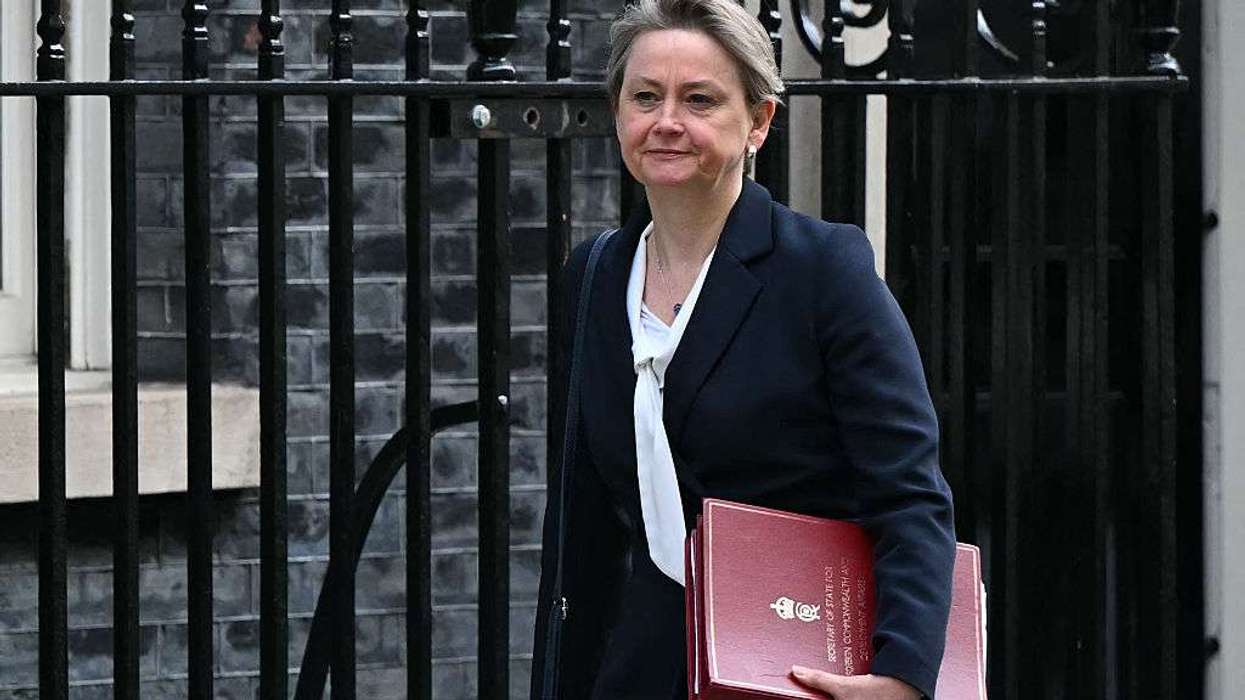PRIME MINISTER Keir Starmer on Wednesday said that Chancellor Rachel Reeves would remain in her role for “a very long time to come”, after she appeared visibly upset in parliament as questions were raised about her future.
Reeves was seen with tears rolling down her face during Prime Minister’s Questions, after Starmer did not confirm whether she would remain chancellor until the next general election, expected in 2029.
The moment came after the Labour government reversed its position on key welfare spending cuts, removing a multibillion-pound saving from the public finances and prompting speculation about Reeves’s position in the cabinet.
Following the incident, the pound dropped by more than one per cent against the dollar, and the London stock market also declined.
'The Chancellor is going nowhere'
A spokeswoman for Starmer told reporters later that Reeves had the Prime Minister’s “full backing”. A spokesman for Reeves said she had been upset due to a “personal matter”.
“The Chancellor is going nowhere. She has the Prime Minister’s full backing,” said Starmer’s press secretary.
When asked why Starmer had not voiced support for Reeves in the Commons, the spokeswoman said: “He has done so repeatedly.”
She added: “The Chancellor and the Prime Minister are focused entirely on delivering for working people.”
In a later interview with the BBC, Starmer said Reeves had done “an excellent job as chancellor” and would stay in the role “for a very long time to come”.
He said the tears had “nothing to do with politics” and described suggestions to the contrary as “absolutely wrong”.
Reeves to continue work from Downing Street
Asked about why Reeves was upset, her spokesman said: “It’s a personal matter, which, as you would expect, we are not going to get into.”
He added: “The Chancellor will be working out of Downing Street this afternoon.”
Starmer reversed the government’s welfare spending plan on Tuesday following a rebellion from Labour MPs, in what has been seen as a significant blow to his authority.
The decision to drop the cuts has left a gap of nearly £5 billion in Reeves’s fiscal plans, raising the prospect that she may have to increase taxes on “working people”—something she has said she would not do.
She has also ruled out changing her position that day-to-day spending must be funded by tax receipts rather than borrowing.
(With inputs from agencies)





